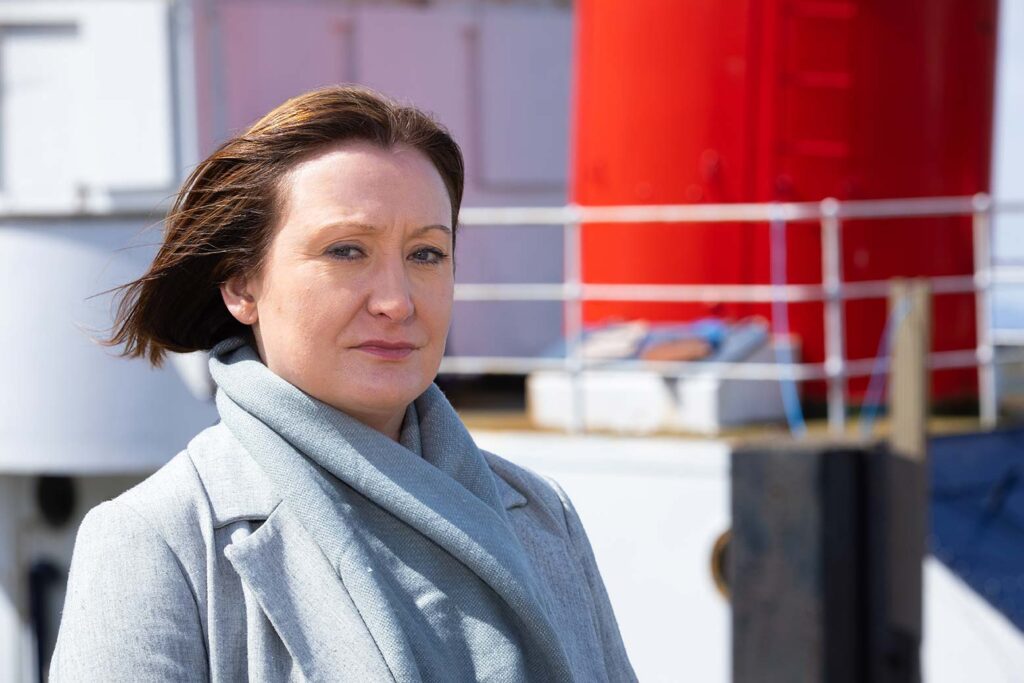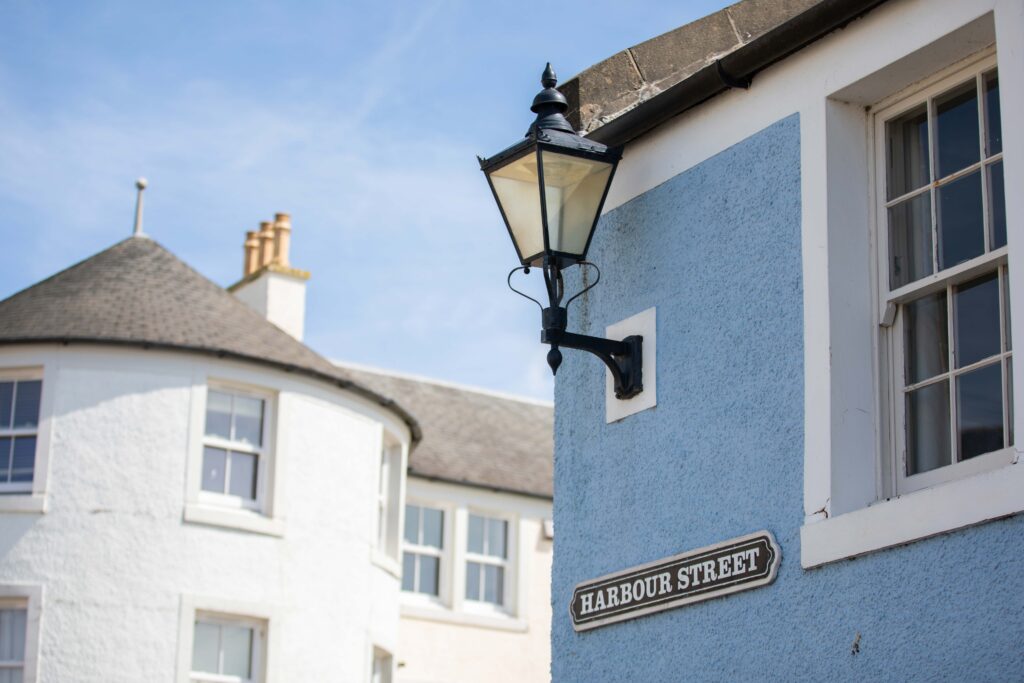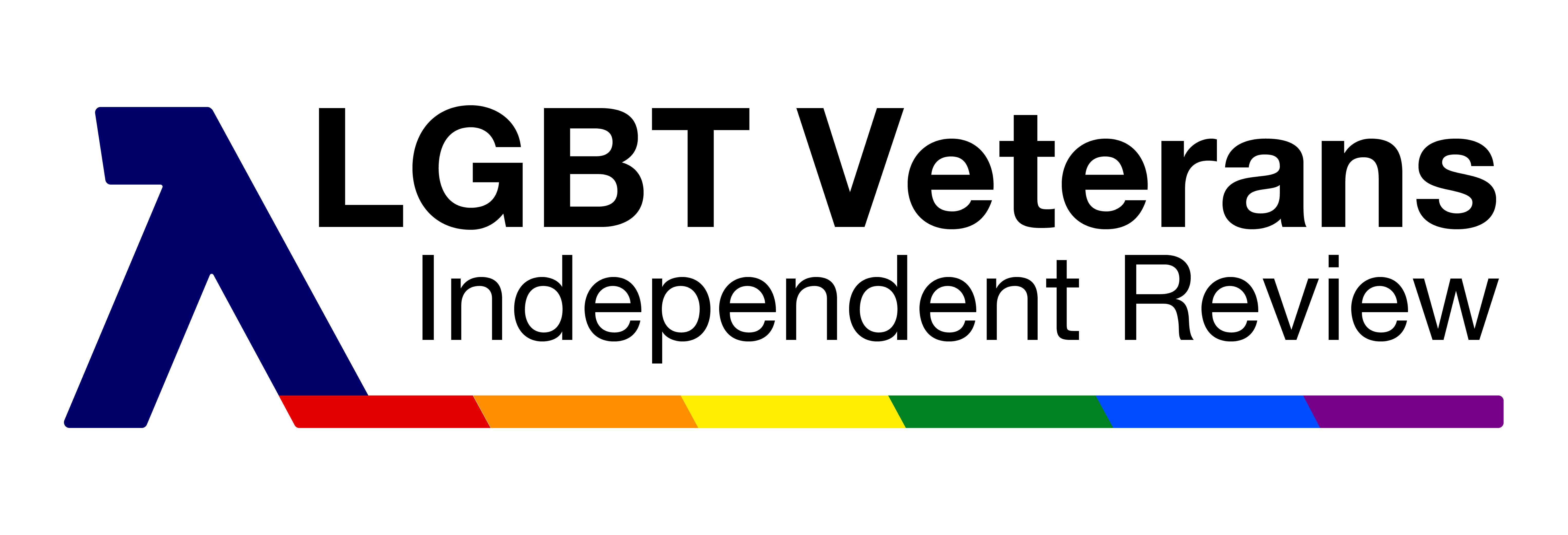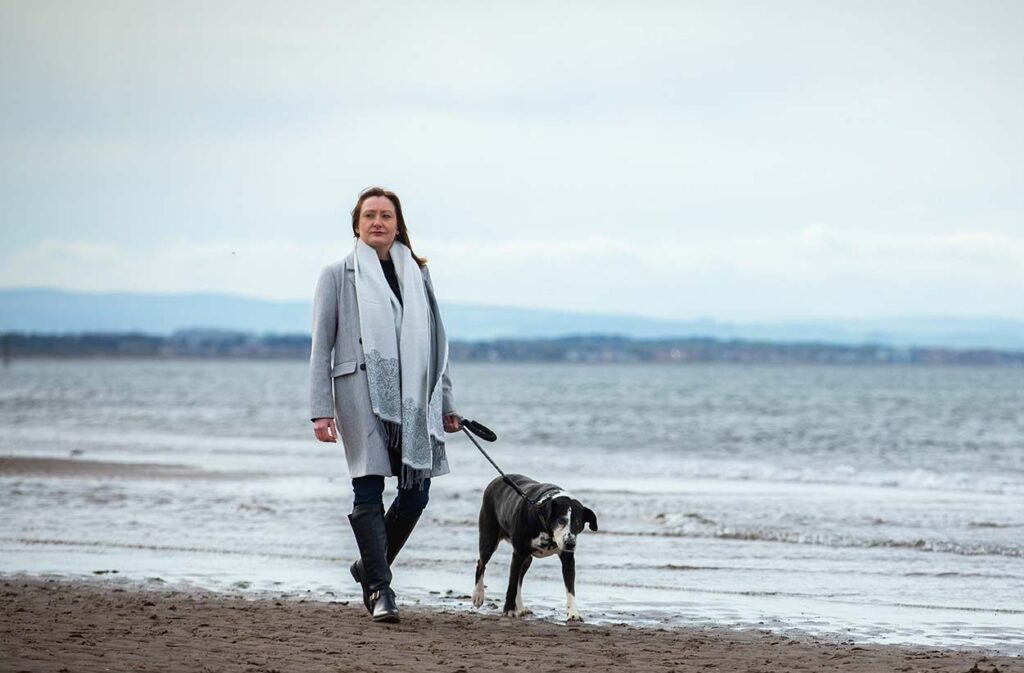Anne knew she was gay when she joined. With around nine months between her Admiralty Interview Board (officer selection process) and her joining date, Anne met her first girlfriend, but was not out to anyone.
“It was a difficult decision to join the Navy. I knew I was gay, had met someone I cared about, and knew I would not be able to be myself, but I had an overwhelming desire to serve in the Navy. In reality though, it left me feeling very secretive about my life and terrified I’d be outed.”

As an officer, it was emphasised that if any evidence of same sex attraction was witnessed it should be reported to the commanding officers immediately. As a gay person herself, the instruction left Anne feeling not only ashamed, but frightened at the possibility of feeling she had to report someone for just being themselves.
“I don’t know what I would have done in that instance, but it was drilled into us that we had to report it. I always just hoped I would not see anything incriminating.”
Throughout her time serving, the inability to be her true self had a negative impact on her mental health.
“I tried to appear as a straight woman and had heterosexual ‘affairs’ to throw others off the scent. This had a massive impact on my life. I was scared. I was often very unhappy and I lied to my best friends. This inability to be authentic really hurt.”
At home, Anne had met a woman who she started a relationship with. In this period she became well versed in terminology that allowed her to conceal the fact that her partner was female.

“I got very good at hiding the facts, using ‘they’ instead of ‘she’ and never talking about my girlfriend or using her name.”
In the year 2000, while Anne was still serving, the ban on homosexuality in the armed forces was lifted. Although there was some sense of relief, this was not a lifting of homophobia in the services. Anne was aware of two service personnel who came out and had to deal with numerous rumours and gossip that travelled right across the service. What she witnessed reinforced Anne’s conviction that coming out would have dire consequences.
“I didn’t see or feel any significant change when the ban was lifted. When people did come out, I felt sorry for them, I would say to myself ‘those poor people, having to deal with all the gossip and looks’. I couldn’t have done it”.

In 2002, Anne left the Royal Navy on medical discharge (unrelated to her sexual orientation or mental health) which she didn’t contest. She loved the Royal Navy but decided to pursue a personal relationship that wasn’t practicably compatible with service life, even after the lifting of the ban.
“Although I left the Navy on a medical discharge, I didn’t argue. It came at a good time; I was lonely and fed up. I had met someone and was ready to go home.”
Anne is now a civil servant, having worked for the Foreign Commonwealth and Development Office for over 18 years. Her confidence gradually improved enabling her to be her true self in the workplace, but this took time.
“It took me about eight years to come out at my new work due to the fear and lack of self-esteem the ban had instilled in me. It is only over the past decade, with counselling from my close friends that I have been able to be out.”
Anne and her partner Ally have made their home on the West Coast of Scotland with their four dogs. Living near to the Scottish Maritime Museum and being so close to the sea brings Anne immense comfort and solace. Having so many nautical reminders on her doorstep allows her to take pride in her past as a Royal Navy Officer.

